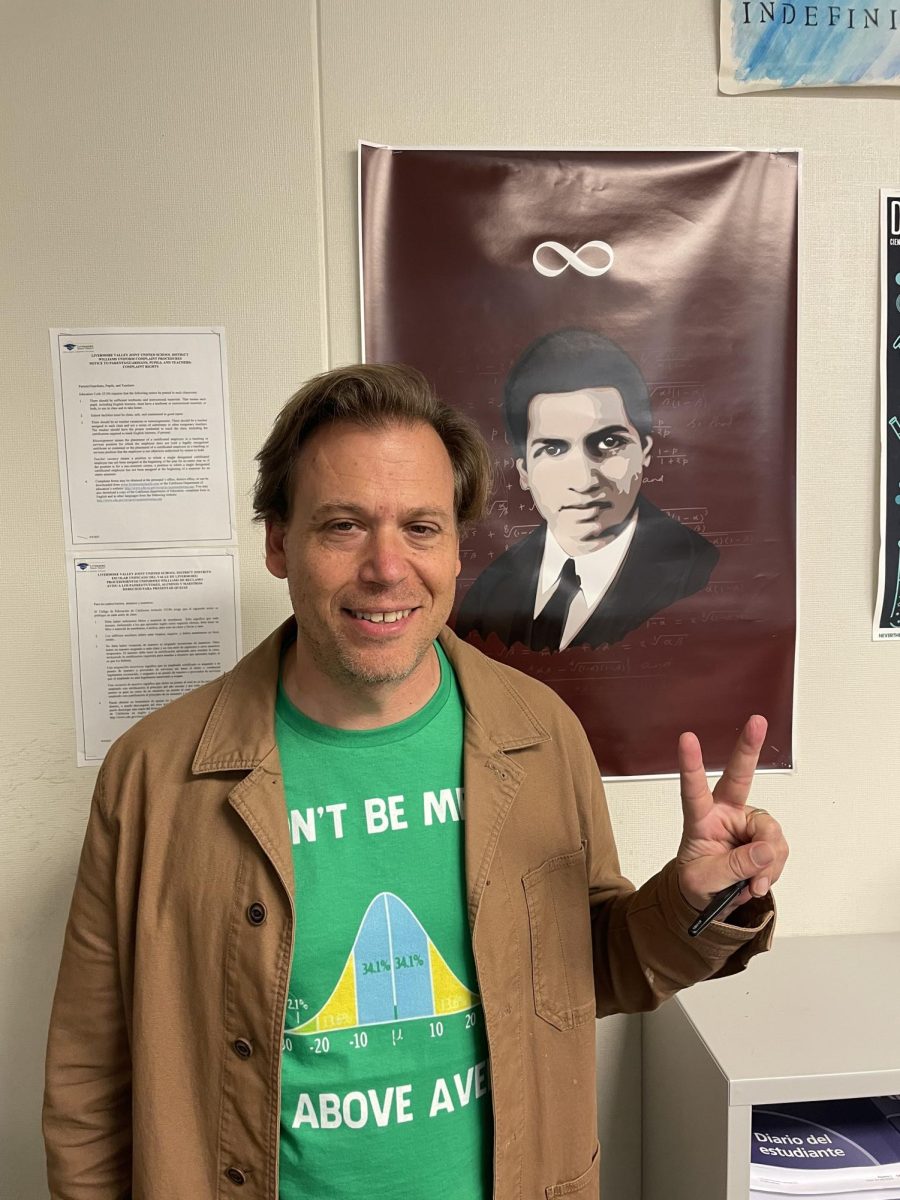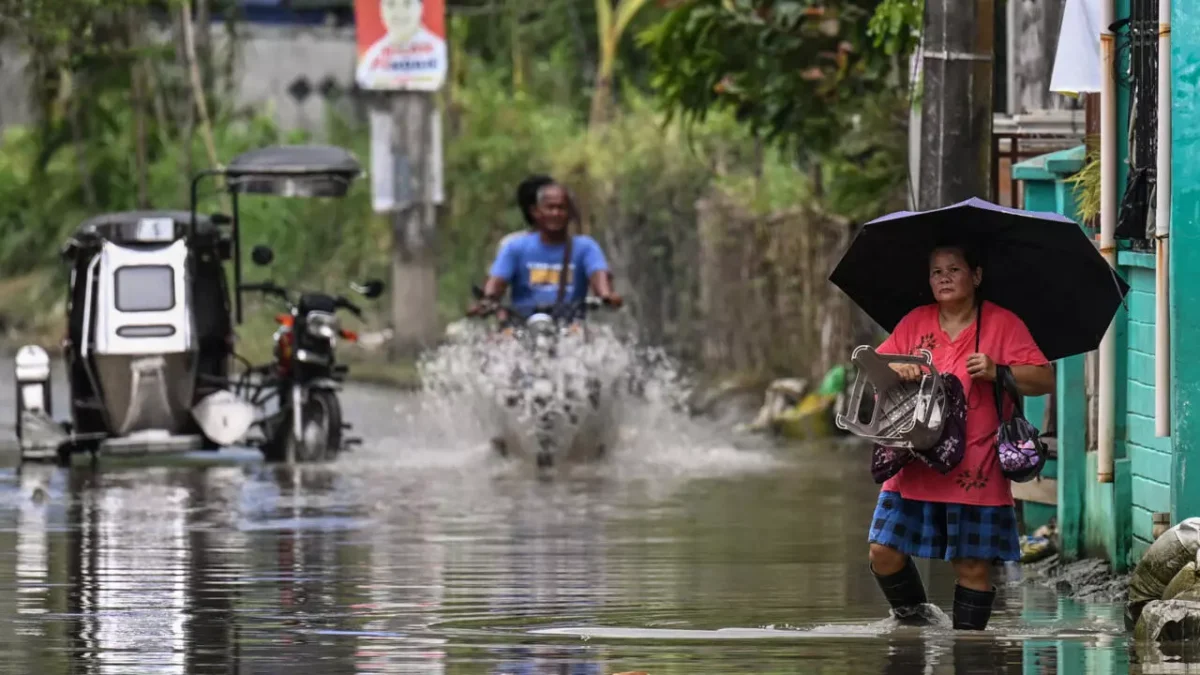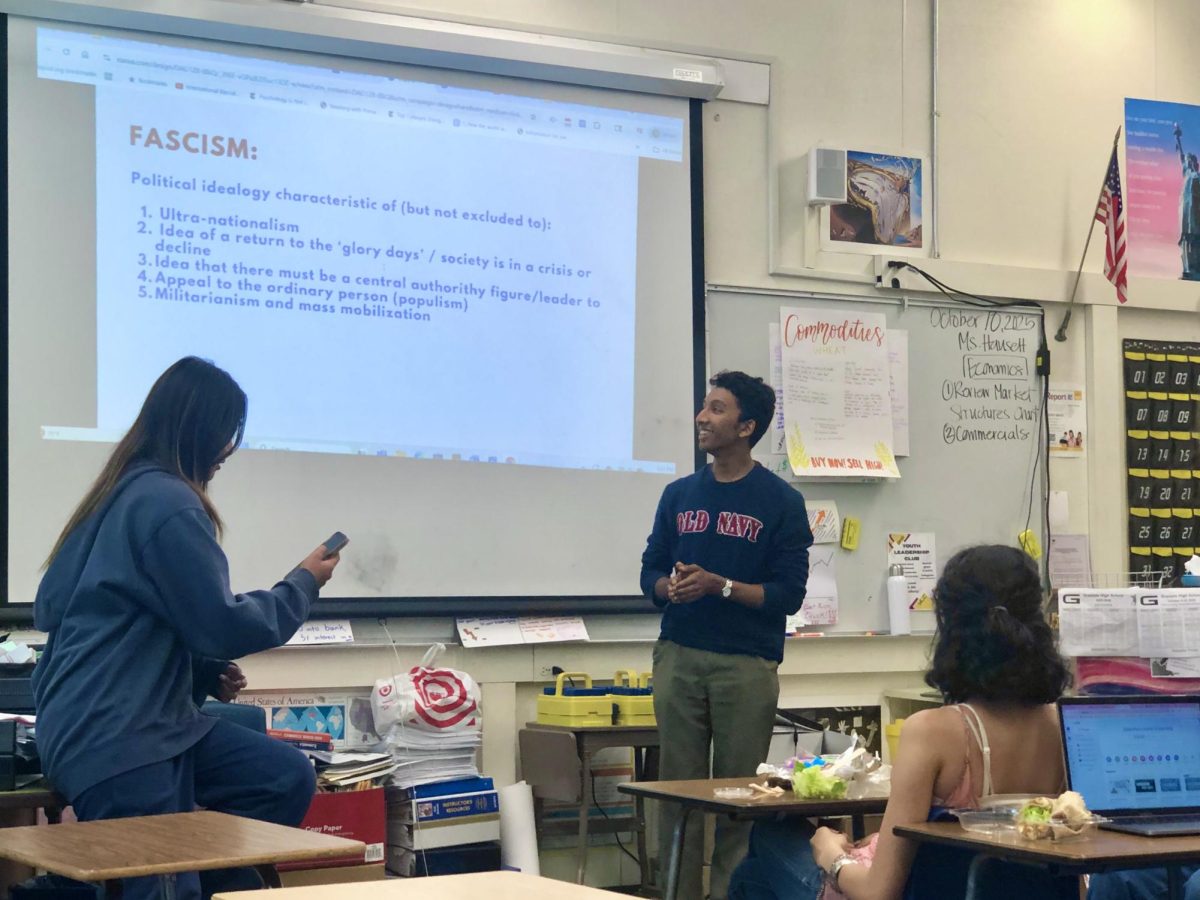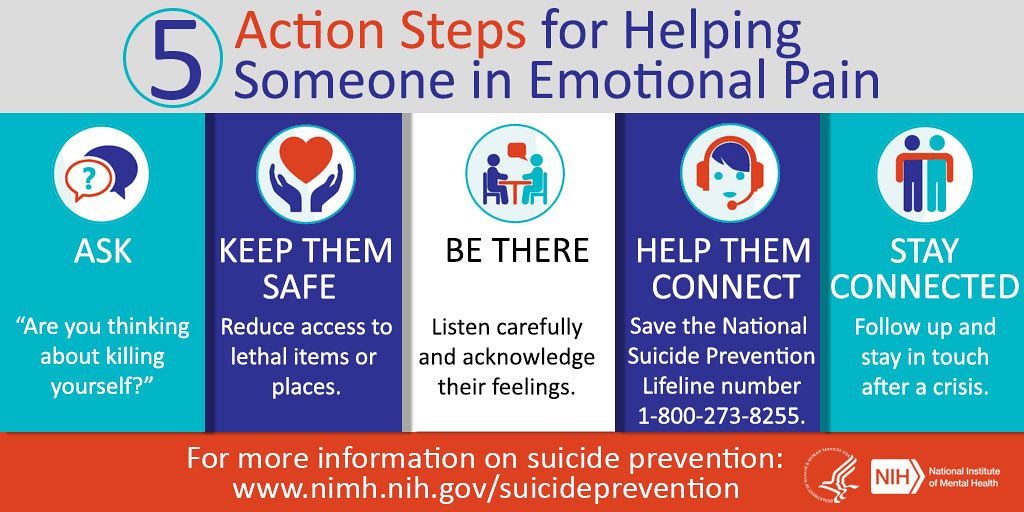Suicide Prevention Month
September has been recognized as National Suicide Prevention Month since 2008. Since then, survivors, health professionals, activists, and people affected by suicide have promoted mental health awareness. In the years from, “2000-2018 the suicide rate has increased by 30%” (cdc.gov). This may not seem like a significant percentage, but this change has bumped suicide to the second leading cause of death in teens and young adults. Over 20% of high school students report having serious thoughts of suicide or harming themselves.
“Personally, I have had serious thoughts and I actually even acted on them once.” says one former GHS student. “I never actually told anyone until now that I have struggled with this because most people don’t ask.” says the same Granada Alumni.
Suicide ratings are now the highest among teenagers (sccenter.org). Isn’t it scary that one of our closest friends, classmates, teammates, band members, leadership students, etc. could be afflicted by something so serious and not feel comfortable enough to discuss it?
Officially suicide prevention week will start September 10th( National suicide prevention day), and last until September 16th. However, the issue has grown so greatly that people raise awareness all month. Schools, especially at the high school level, are now implementing on-campus psychologists in order to provide support for students in need. Still, students all around us are plagued with suicidal ideation. Studies have now shown that 1 in 5 teenagers (12-15) will experience suicidal thoughts and/or suicidal actions.
“I think that most students are probably experiencing similar things to what I have…I believe that the first real experience I had with suicide was a family member [uncle] ending his life when I was about 10,” says our former Granada student. Most people talk about how suicide affects the people close to you. Suicide is viewed as “selfish” and “stupid,” “a permanent solution to a temporary problem.” While this could be true for some, people have begun to stigmatize suicide as attention-seeking.
“I am always scared to talk about how I feel, because I’m worried people will think I’m trying to get pity or attention,” says a current GHS student. This poses an even more serious issue; we have dedicated time for awareness, but how many people will still hide their challenges? As previously mentioned, suicide affects the people close to you, and it can add great weight to someone who already struggles with these thoughts. One stigma that stands true is that suicide is a permanent solution to a temporary problem. “All 29 people that have attempted suicide on the Golden Gate Bridge, and survived, reported regretting the decision” (nih.gov). Officially, 70% of survivors have regretted their attempts, and only 7% of attempts are successful. It is so important that we reach out to the people we care for.
“I would rather sit for hours on the phone talking about how my friend feels, then wake up one day to find out they [passed away],” says our former GHS student. There are thousands of resources available now, whether you’re at school, work, or online, don’t be afraid to reach out for help. Please contact any of the following if you or someone you love is struggling with suicide.
Resources:
SMS and call 988, suicide crisis line (available 24 hours)





























